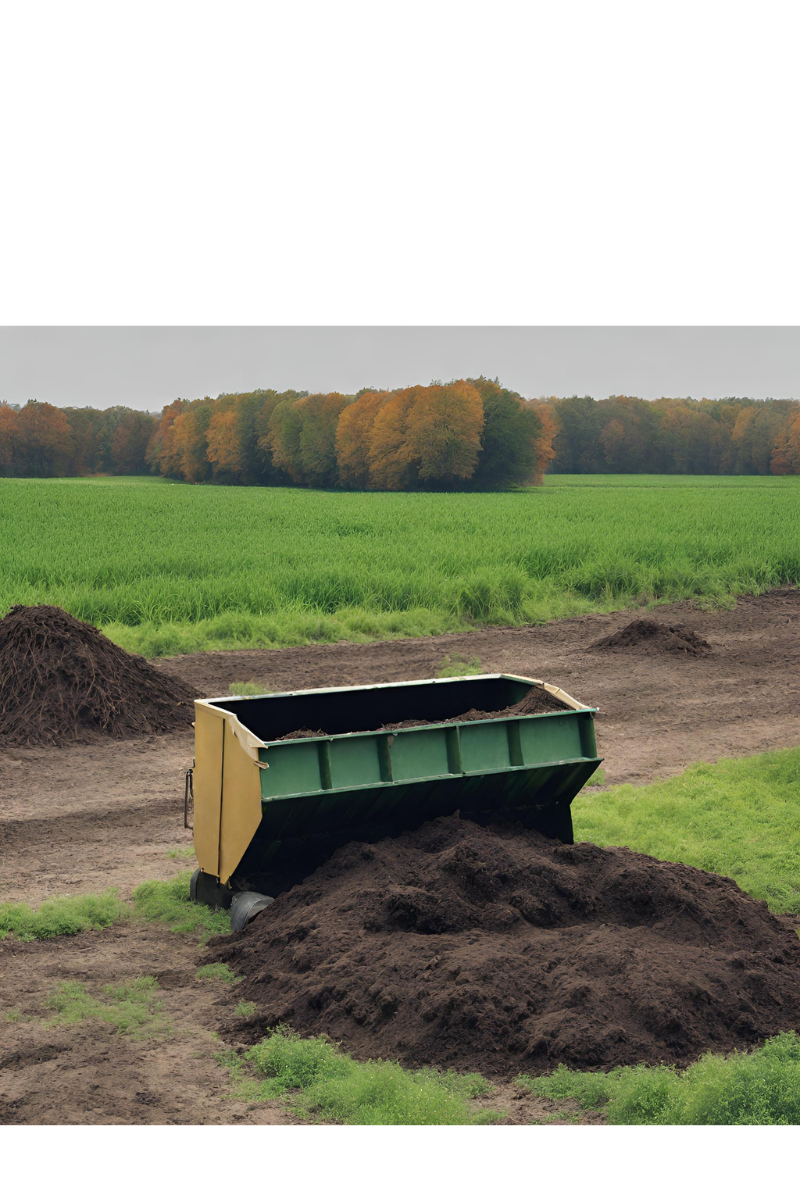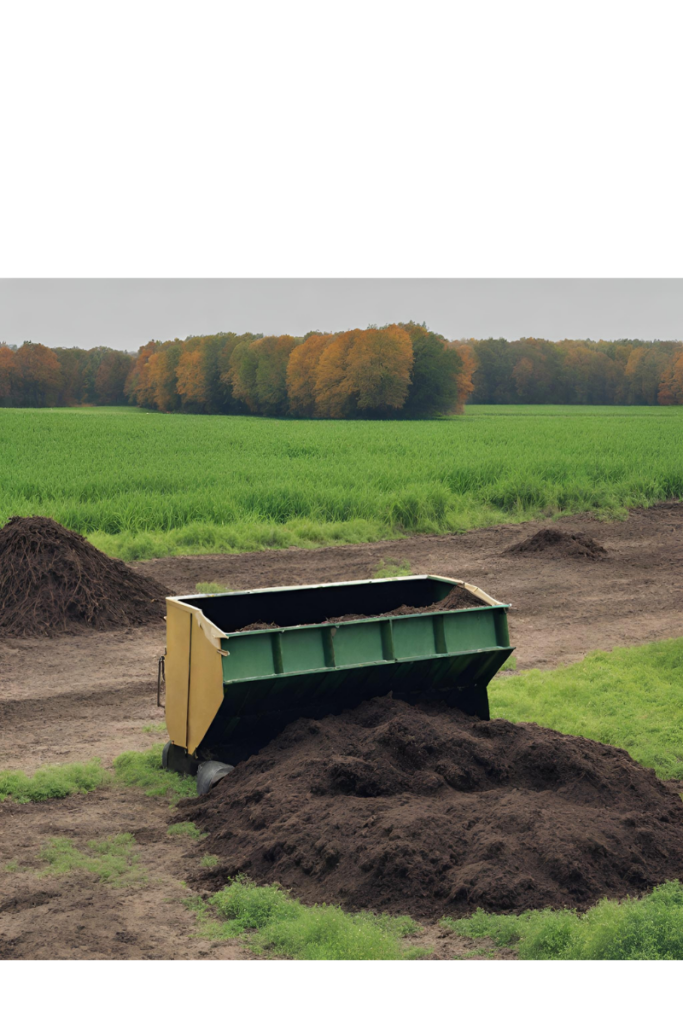
How farm-based composting projects are helping to reduce food waste and improve soil health? Food waste is a significant issue worldwide, with an estimated 1.3 billion tons of food getting wasted each year. In addition to the environmental impact, this massive amount of food waste also represents a missed opportunity to improve soil health and contribute to sustainable agricultural practices. Farm-based composting projects are emerging as a solution to this problem, effectively reducing food waste and enhancing soil health. This article explores the role of farm-based composting in addressing food waste and soil health and highlights the benefits and impact of these projects.
The problem of food waste
Food waste is a pressing global issue that has far-reaching economic, environmental, and social implications. According to the Food and Agriculture Organization (FAO) of the United Nations, approximately one-third of all food produced for human consumption is lost or wasted each year. In developed countries, much of this waste occurs at the consumer and retail levels, while in developing countries, it is predominantly due to poor infrastructure and lack of proper storage facilities.
Impacts of food waste
-
- Environmental impact: Food waste contributes to greenhouse gas emissions, as discarded food decomposes in landfills and releases methane, a potent greenhouse gas.
-
- Economic impact: The economic cost of food waste is substantial, representing a loss of resources such as water, energy, and labor used in food production and distribution.
-
- Social impact: Food waste perpetuates food insecurity and exacerbates inequalities, as resources that could have been used to feed those in need are squandered.
The role of farm-based composting projects
Farm-based composting projects play a crucial role in addressing food waste and improving soil health. These projects involve the conversion of food waste, agricultural residues, and organic matter into nutrient-rich compost through controlled decomposition. The resulting compost can then be used to enrich soil, enhance crop productivity, and promote sustainable agricultural practices.
Benefits of farm-based composting
-
- Diversion of food waste from landfills: By composting food waste at the farm level, these projects help divert organic matter from landfills, reducing greenhouse gas emissions and relieving pressure on waste management systems.
-
- Soil health and fertility: Compost improves soil structure, enhances water retention, promotes beneficial microbial activity, and provides essential nutrients to support healthy plant growth.
-
- Sustainable agriculture: The use of compost as a natural fertilizer reduces reliance on synthetic chemicals, minimizes environmental pollution, and fosters sustainable farming practices.
Examples of successful farm-based composting projects
Several farm-based composting initiatives have demonstrated the effectiveness of this approach in reducing food waste and improving soil health. One notable example is the Full Belly Farm in California, which has implemented a comprehensive composting program to manage on-farm organic waste. By composting food scraps, crop residues, and animal manure, the farm has been able to enrich its soils and enhance the productivity of its organic crops while significantly reducing waste sent to landfills.
In addition, the Rodale Institute, a leading research and education center for regenerative organic agriculture, has championed the use of compost to build soil health and resilience on farms. Through its long-term trials and outreach efforts, the institute has demonstrated the benefits of incorporating compost into agricultural systems, leading to improved yields, carbon sequestration, and overall ecosystem health.
The impact of farm-based composting on soil health
The adoption of farm-based composting practices has led to measurable improvements in soil health and agricultural sustainability. A study published in the journal Soil Science Society of America Journal found that the application of compost increased soil organic matter, improved soil structure, and enhanced nutrient cycling, ultimately leading to enhanced crop productivity and reduced environmental impact.
Furthermore, farm-based composting has been shown to contribute to the mitigation of climate change by sequestering carbon in the soil and reducing the need for synthetic fertilizers, which are energy-intensive to produce and contribute to greenhouse gas emissions.
In conclusion
Farm-based composting projects are playing a vital role in reducing food waste and improving soil health. By diverting organic matter from landfills, enhancing soil fertility, and promoting sustainable agriculture, these initiatives offer a sustainable solution to the challenges of food waste and environmental degradation. As the awareness of the benefits of composting grows, it is crucial to support and expand farm-based composting projects to create a more sustainable and resilient food system for future generations.
Reach out to us via this link if you have a sustainable farm which you would like to showcase on Farmlike, or if you would like to book an accomodation at a sustainable farm go to the farmlike platform.
 Docs
Docs
 Support
Support




















 Home
Home  Whishlist
Whishlist  Cart
Cart 

















